Matt Reeves's gritty reprisal of The Batman has been cited as being, in essence, a neo-noir film and has many similarities to seminal works in the genre while Guillermo Del Toro's recent adaptation of the neo-noir classic, Nightmare Alley, showed there was still plenty of contemporary clamor for period noir cinema amongst fans and critics.
But when many fans think of classic neo-noir films, movies released in the 1980s do not receive as much praise as Redditors think they deserve and the decade has produced some often overlooked but nevertheless essential neo-noir cinema.
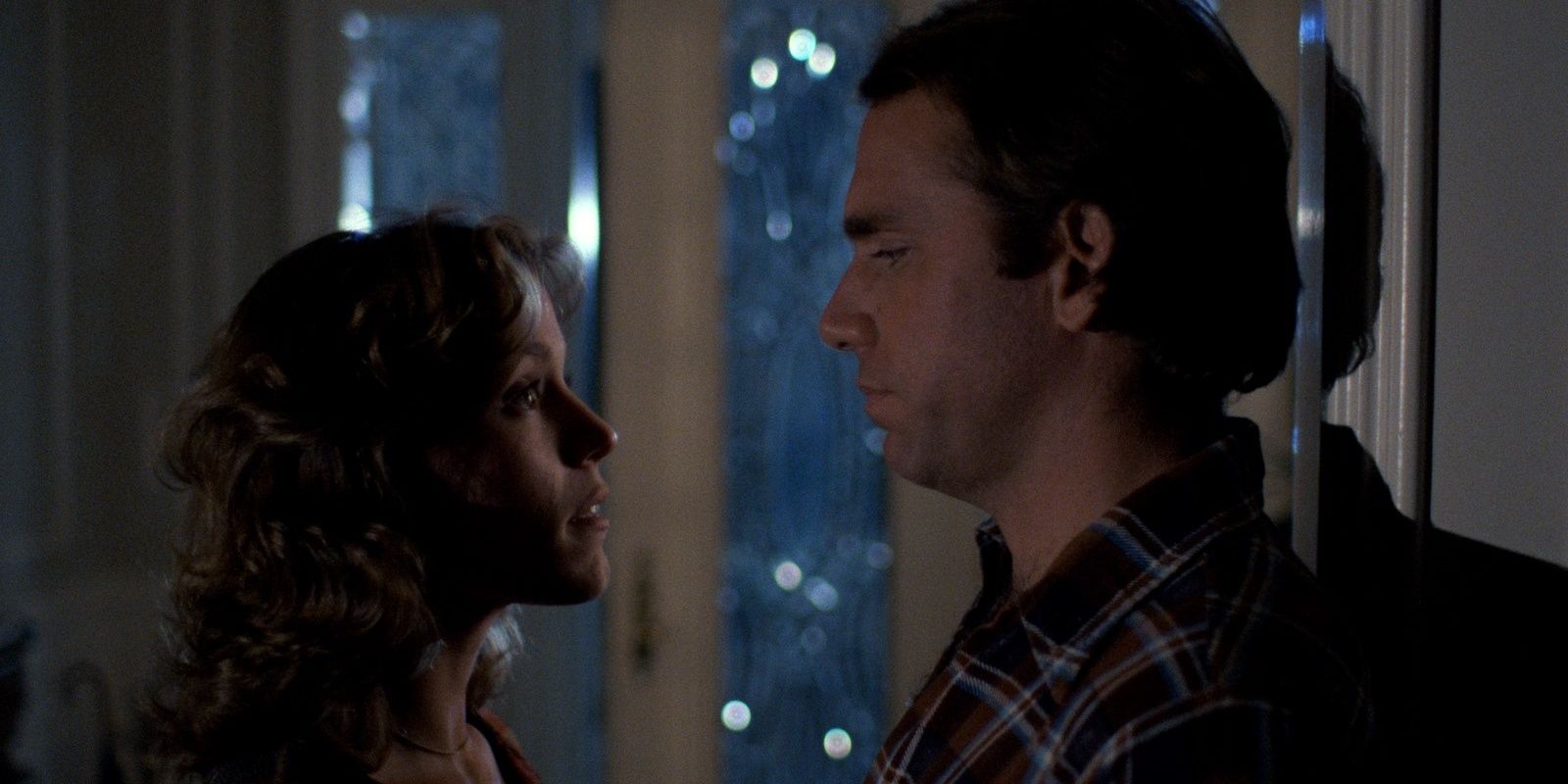
The Coen Brothers have made their name mixing heavy doses of noir into their uncompromising stories and 1984's Blood Simple was a brilliant example of this. Blood Simple is far from a conventional neo-noir film, but the 1980s saw a shift in how directors approached the genre, and the Coen Brothers' film surprisingly cast the detective as the villain.
In conversational threads on Reddit concerning neo-noir films in the 1980s, Blood Simple is often referred to in glowing terms, with user youngkyrie11 describing it as an "intoxicating film."
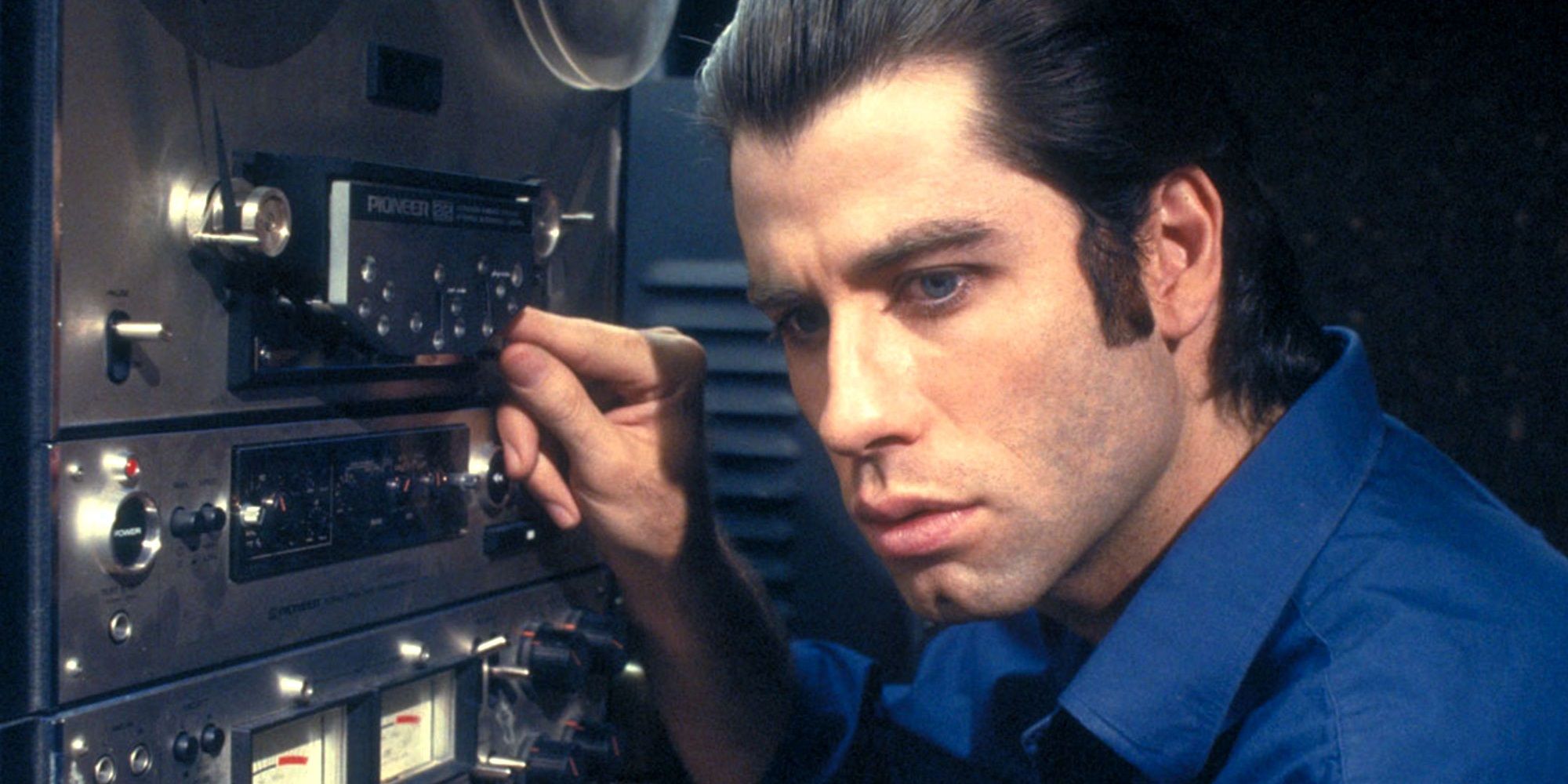
No filmmaker summed up '80s neo-noir quite like Brian DePalma, and his John Travolta starring noir classic Blow Out included all the trappings of a typical neo-noir-tinged tale of mystery, murder, and espionage. The movie also saw Travolta play a new kind of character which was a departure from his usual typecast roles as a hunky heartthrob.
Redditors unsurprisingly cite DePalma's Blow Out as one of the most defining neo-noir films of the 1980s and situate the director alongside the Coen Brothers as a leading voice in the genre. User my7bizzos says "I almost always like anything by DePalma and the Coen Brothers." Indeed, both sets of directors rarely put a foot wrong.
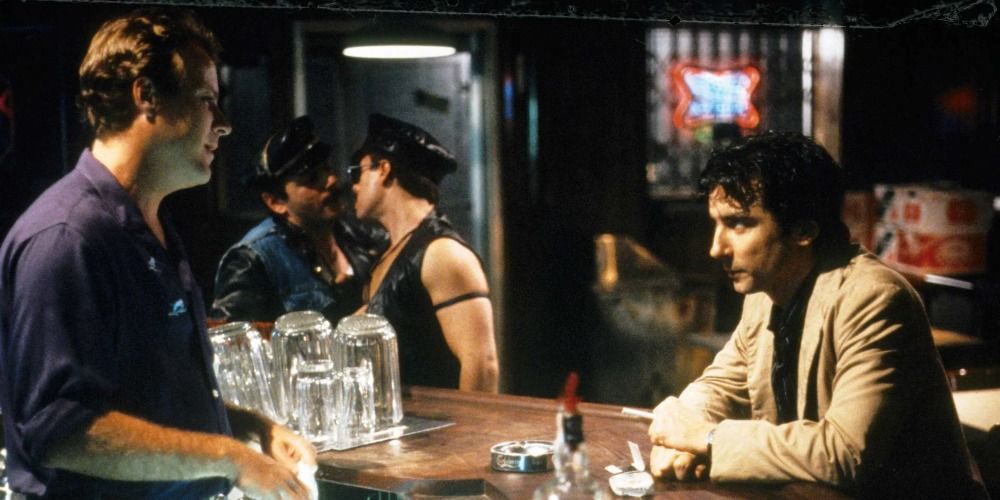
After Hours is an often overlooked movie in Martin Scorcese's glittering canon of classic films. Following in a similar vein to other unconventional neo-noir tales of the decade, After Hours digressed from the formula but still had noir running through its veins despite its comedic approach.
What exactly constitutes a neo-noir film is up for debate on Reddit, but user Jaltcoh is convinced of After Hours' neo-noir qualities, saying "it does have elements of neo-noir (which I'd argue are all the more powerful because it's a hybrid-genre movie that can't neatly be categorized as "neo-noir")."
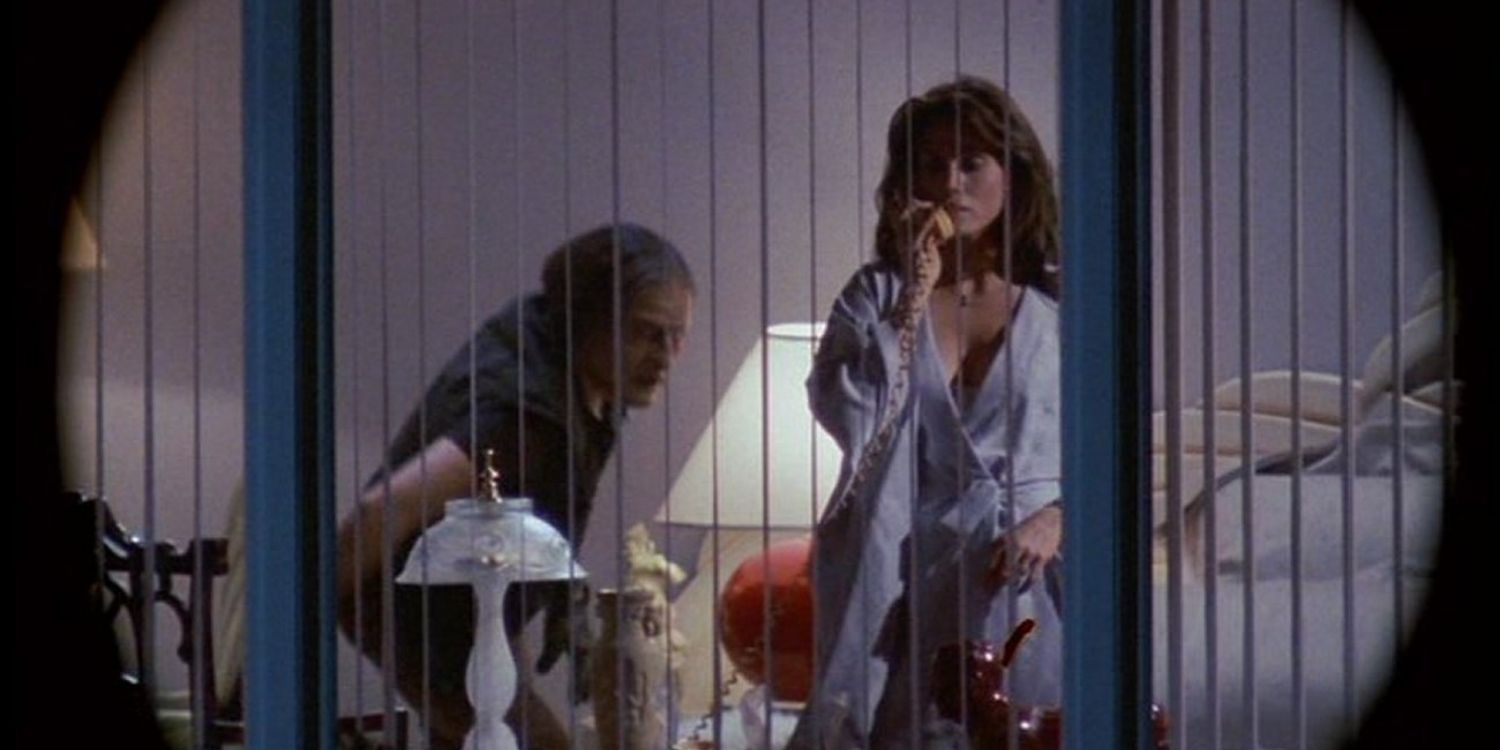
Brian DePalma followed 1981's Blow Out with another seminal slice of neo-noir in 1984's Body Double. Like Blow Out before it, Body Double took the Hitchcockian trope of voyeurism gone wrong and placed it within a neo-noir context. The movie is a pulp thrill ride from start to finish and is a criminally under-appreciated DePalma classic.
Neo-Noir-loving Redditors appear to gravitate towards films that combine elements of multiple genres, and Body Double does just that, with user flopisit noticing that in the film "sometimes, the lines between neo-noir and horror seemed to blur."
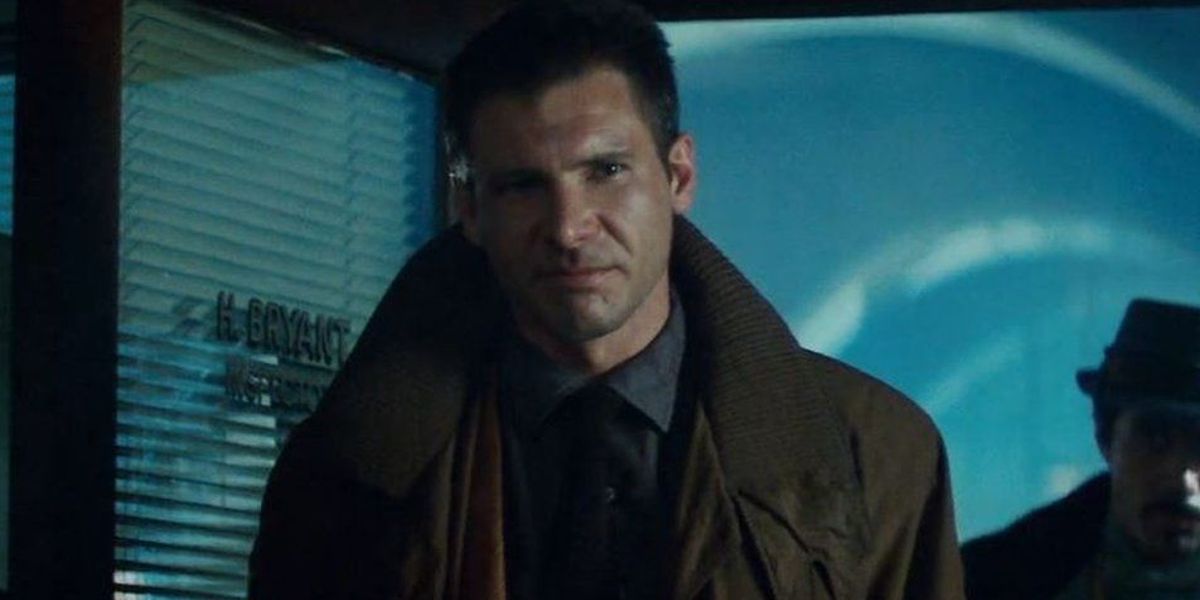
Ridley Scott's Blade Runner is more traditionally placed within the science-fiction genre, but it has many neo-noir qualities in its locker and the story of a renegade bounty hunter in a neon-drenched city of crime and sleaze is something straight out of the neo-noir copybook.
Reddit user bob1698321 is categorical regarding Blade Runner's neo-noir aesthetic, saying of Scott's classic movie, "for me, Blade Runner pretty much is the epitome of neo-noir. It's the entire genre summarized in one movie." Appraisals do not get much more unequivocal than that from a Reddit user.
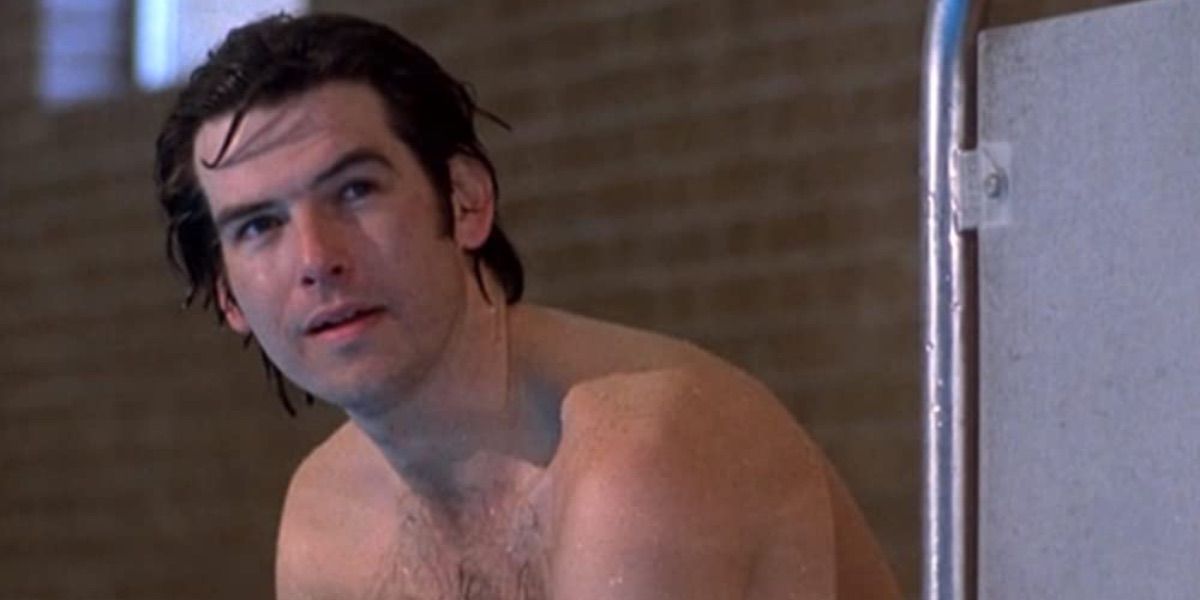
John Mackenzie's The Long Good Friday was a British gangster movie that incorporated one of the most classic neo-noir tropes in its narrative, and that is of a police institution that is at its core corrupt. Neo-noir is typically a genre that is based firmly within the United States, but The Long Good Friday brought the renowned hard-boiled feel to British shores.
Redditors are in agreement as to the strengths of The Long Good Friday's neo-noir aesthetic, with user Blue9944 commenting that it sees its gangster protagonist "following the noir arc of getting to the bottom of it and at the bottom of it lies doom."
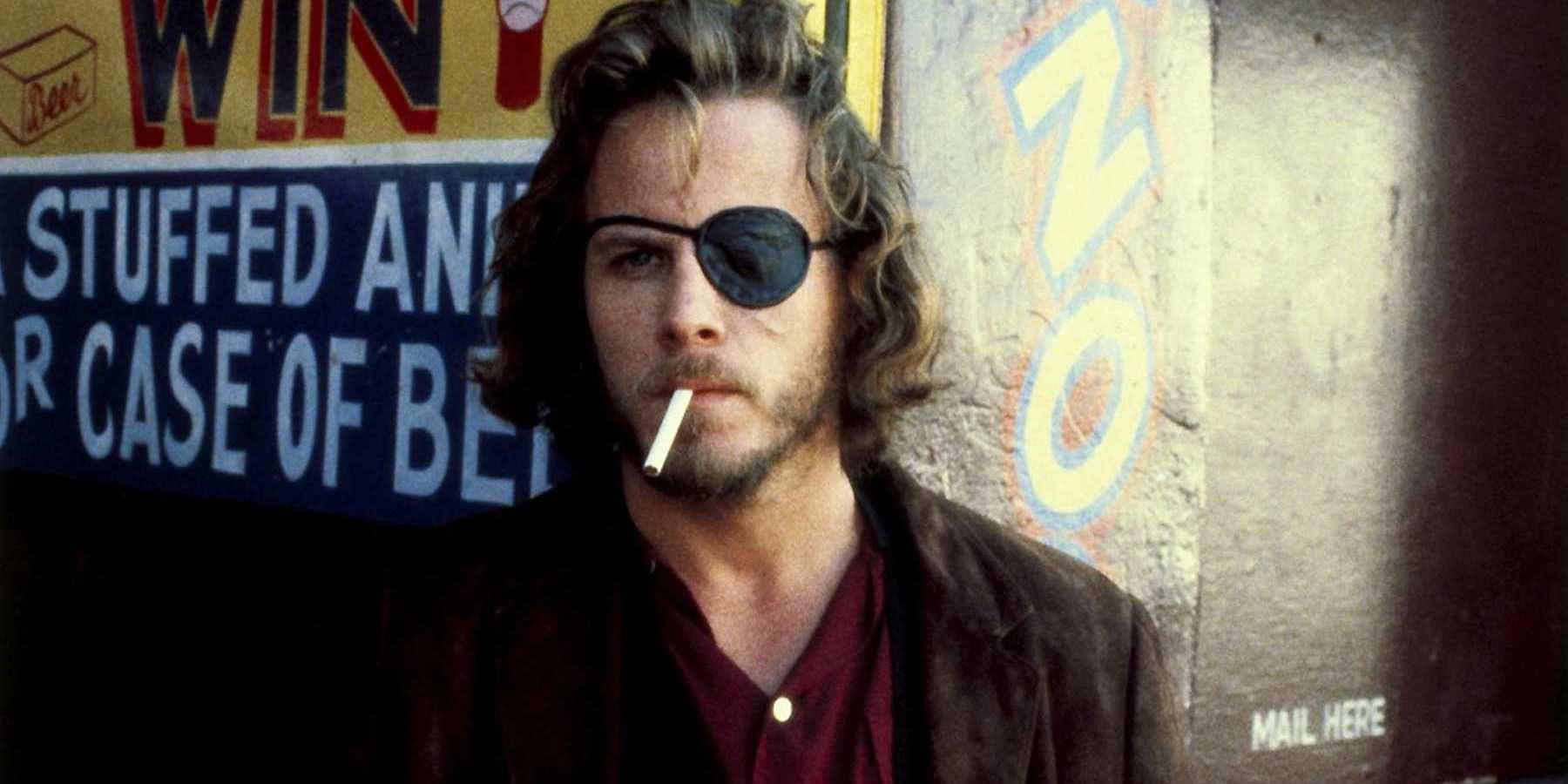
Also known as Cutter and Bone, Ivan Passer's Cutter's Way (starring Jeff Bridges) is another underrated slice of pulp 1980s neo-noir that has become somewhat of a cult classic in the decades since its release. The movie follows a very familiar neo-noir blueprint of an unsuspecting protagonist embroiled in a murderous plot.
Reddit user Blue9944 puts Cutter's Way up there with the very best films produced in the genre, saying it is "the best neo-noir of the 1980s. Masterpiece. It's a spiritual heir to Chinatown and is even better than an all-timer like Body Heat."
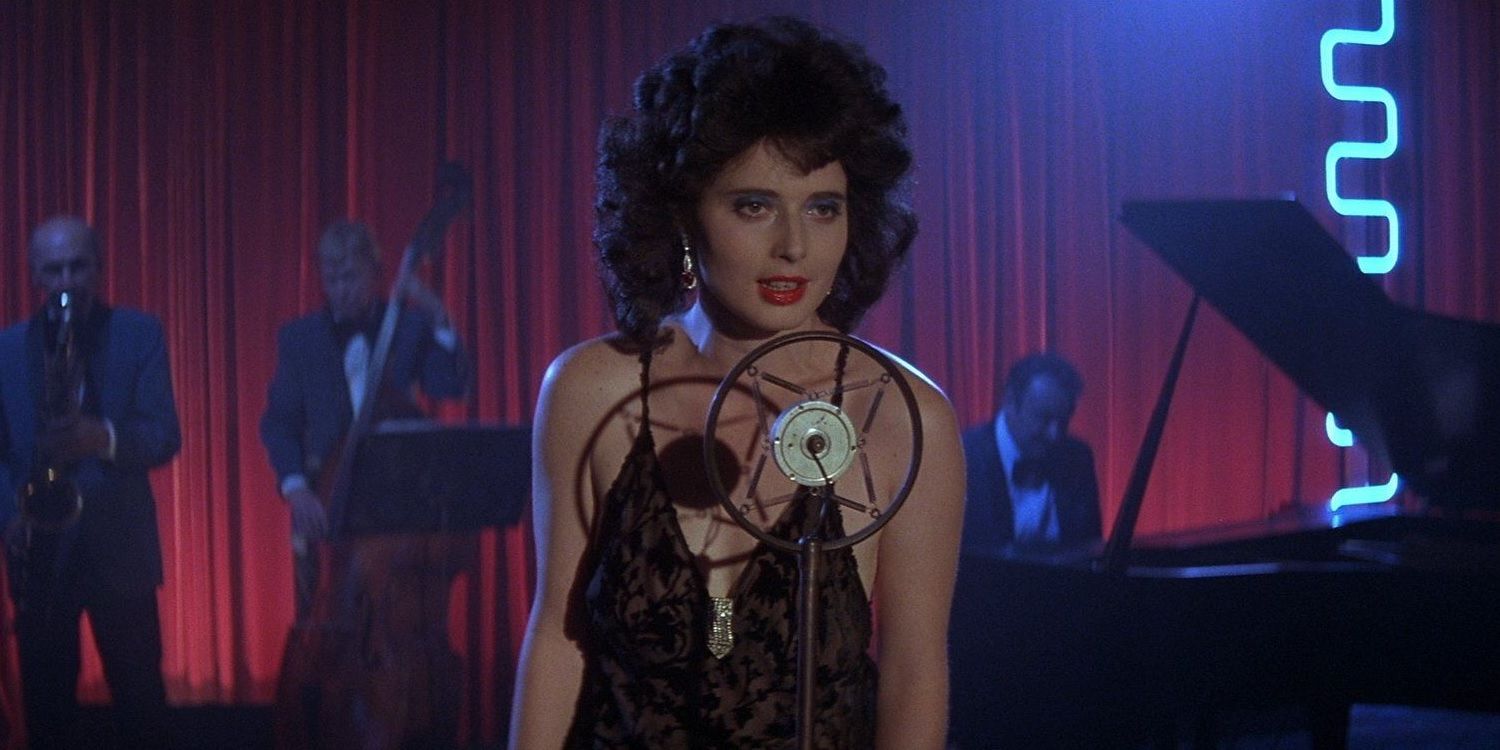
David Lynch's films are largely uncategorizable. When one thinks of a Lynch film, it is first placed within the genreless bracket of a 'David Lynch movie.' It can be argued that Lynch is an idiosyncratic genre unto himself, but much of the director's work is inspired by the neo-noir aesthetic and Blue Velvet is his best example of this.
In conversations regarding the neo-noir genre on Reddit, Blue Velvet is constantly cited as being one of, if not the best neo-noir movie ever made. User 10Cinephiltopia9 sums up in straightforward terms what they think of Lynch's masterpiece, saying simply "Blue Velvet is amazing."
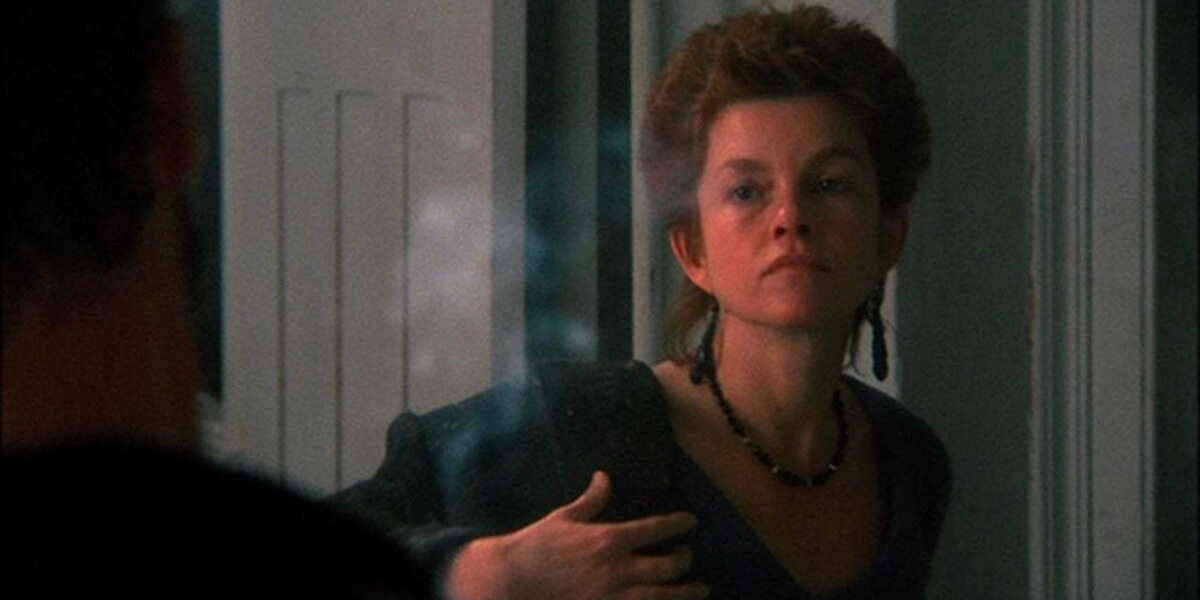
Alan Rudolph's Trouble In The Mind was classic American hard-boiled neo-noir through and through, from its fedora-wearing protagonists to its fictional central location of 'Rain City', which of course, is constantly under a barrage of rainwater.
Trouble In The Mind is one of the more overlooked neo-noirs of the 1980s but has no shortage of admirers on Reddit, with user blameline effusive of its under-appreciated qualities, saying "check out a little-seen film from 1985 called Trouble In The Mind with Kris Kristofferson and Keith Carradine. Fantastic film noir."
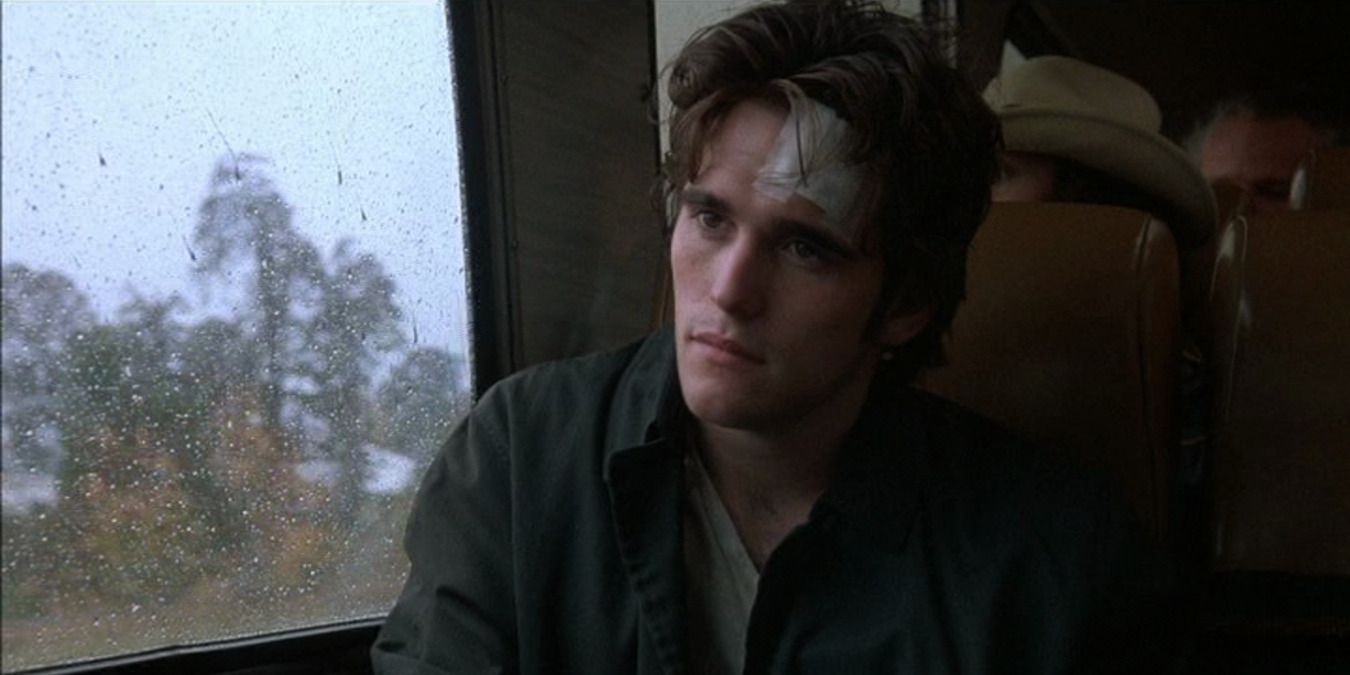
Drugstore Cowboy may not be a typical neo-noir movie in essence but Gus Van Sant's tale of nomadic criminals who rob drugstores was a low-budget gem that had many noir traits at its core. Indeed, the movie sought to portray its antiheroes as victims of desperation and unfortunate happenstance.
Redditors have commented that Van Sant's film, whilst not being a traditional neo-noir movie, is indebted to the noir films of the 1970s, with user flippenzee suggesting "I feel like Drugstore Cowboy (1989) ticks a lot of noir boxes, but more in the 70s style."
Comments
Post a Comment